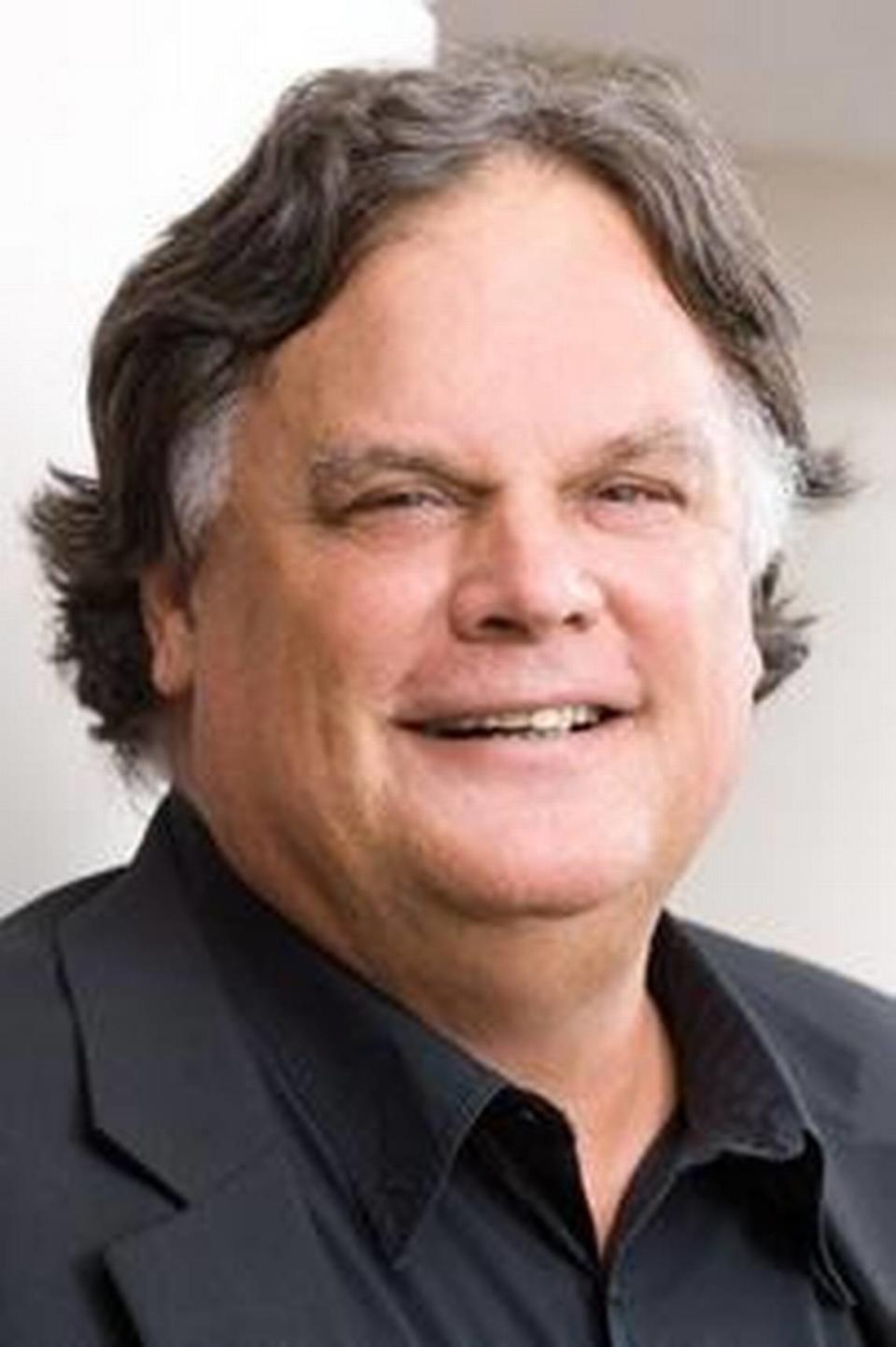A D-Day prayer, Ken Burns’ jolting words and ‘the unfinished work of freedom’ | Opinion
Much of great moment was said at the 80th anniversary ceremony in Normandy, France. Some speeches were long. Some sacred. Some haunting. Though none could touch the eloquence of the headstones themselves or the remarkable returning veterans, coming yet again, perhaps for a final time, to mark the defining event of their lives. A defining event in the nation’s life, and the world’s.

Much was said in Normandy. But as Abraham Lincoln taught at Gettysburg, sometimes shorter is better. In these days since the June Normandy anniversary, I have been unable to escape the brief words of invocation offered “in humble reverence and solemn remembrance” by Army Chaplain, Col. Karen Meeker.
“When the world needed heroes,” she prayed, “you called the greatest generation to courage and their answer still echoes in the soul of the nation.” Those summoned “gave their best hopes for our brighter tomorrows” — reminding us of “the price of liberty.
“As storm clouds gather on the horizon once again,” Meeker continued, give us “that same determination as these who fought here four score years ago.” Determination “to meet every challenge with unbreakable resolve…not counting the costs but weighing the unfinished work of freedom.”
Not counting the costs. But weighing the unfinished work of freedom. Lincoln surely smiled. And with the rest of us, wept.
It can be hard, in 2024, to even grasp that this call is our legacy, our charge. That we are its heirs. And that we shall carry, or surrender, its stunning demand. That, as Lincoln said to the Congress in 1862: “We shall nobly save, or meanly lose, the last best hope of earth.”
Meeker’s prayer followed Ken Burns’ jolting departure during a recent commencement address at Brandies University from a lifetime of “conscious neutrality” to note that we face “an existential crossroads in our political and civic lives.” A choice, in Burns’ words, “between the perpetuation...of our fragile 249-year-old experiment or the entropy that will engulf and destroy us...” if the “checks of conscience are thrown aside.”
Republicans, at least as a group, seem to have made their bargain — to the amazement of most of us, and much of the world. I travel, it’s no surprise to say, in Democratic circles. And even here there is disagreement about whether to face — head on, eyes wide — our “existential crisis.” I hear it said that “saving democracy” doesn’t poll sufficiently. Folks should campaign on “kitchen table” issues — the challenges of inflation, the burden of student loans, crushes of retirement, fears of unemployment and economic insecurity. Vital matters all.
But Meeker and Burns speak of obligation, not preference. It may be that many don’t care about democracy, or, as they might put it, “politics.” They’d rather tune it out. Tend to their lives. Or follow their tribe, their brand, their pocketbooks or assumed ascendancy.
But history teaches us that we are charged, in this moment, in Richard Rorty’s words, to “achieve our country.” To contribute our chapter. It is our duty, our obligation — whether or not we wish it so.
Perhaps, we can hope, ours may not be the most astonishing demand. We’re not called to storm the beaches at Normandy. Or, like Fannie Lou Hamer, to be beaten within an inch of our lives to achieve “first class citizenship.” Or, like Dr. Martin Luther King, to face the hate-filled bullet.
But we are required to do our part. Our role in what the inspiring D-Day chaplain called “the unfinished work of freedom.” Not “weighing the costs” or sticking to preference. Whether we wish it, our obligation: the inherited, defining, ennobling and eternal work of freedom.
Contributing columnist Gene Nichol is a professor of law at the University of North Carolina-Chapel Hill.

